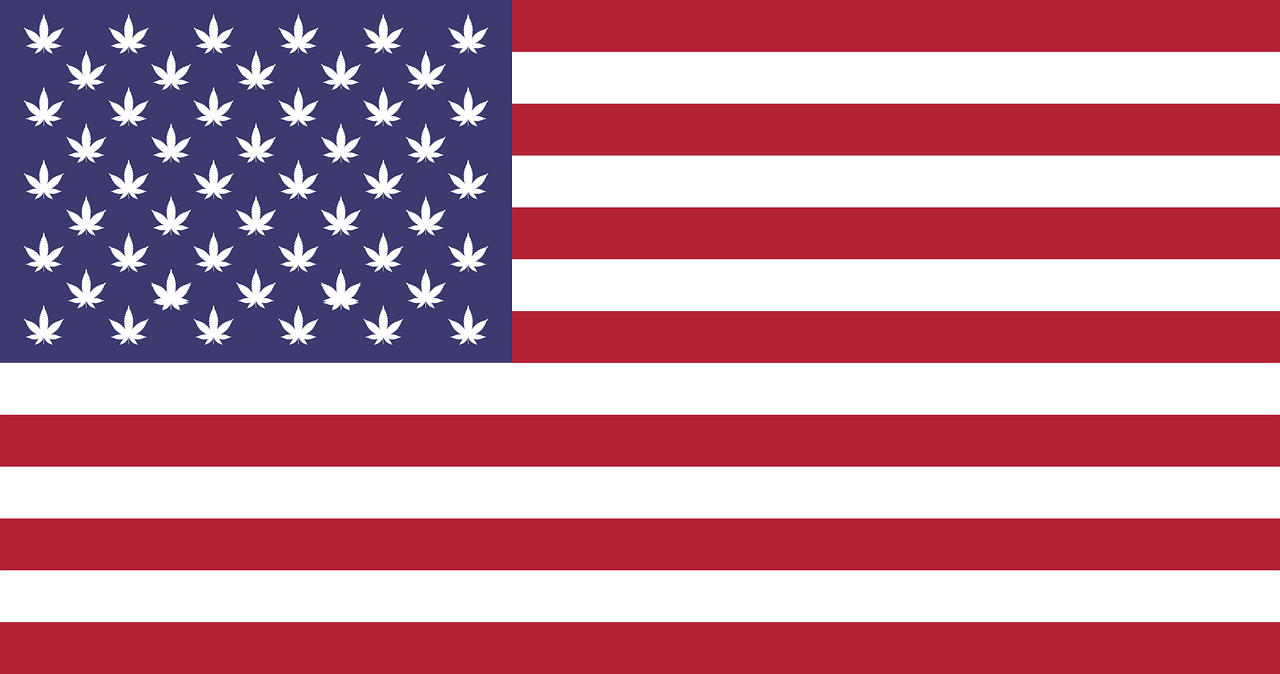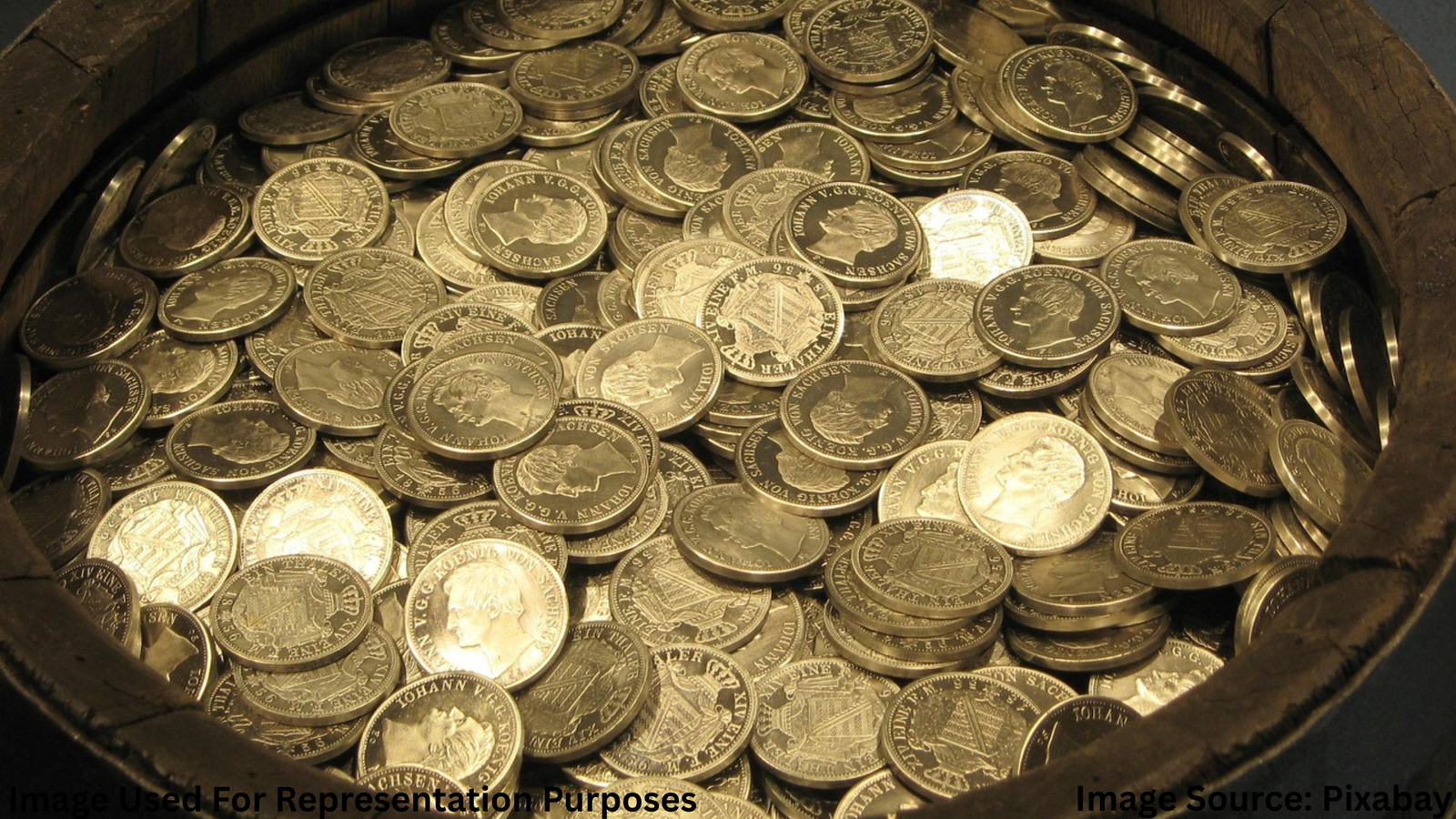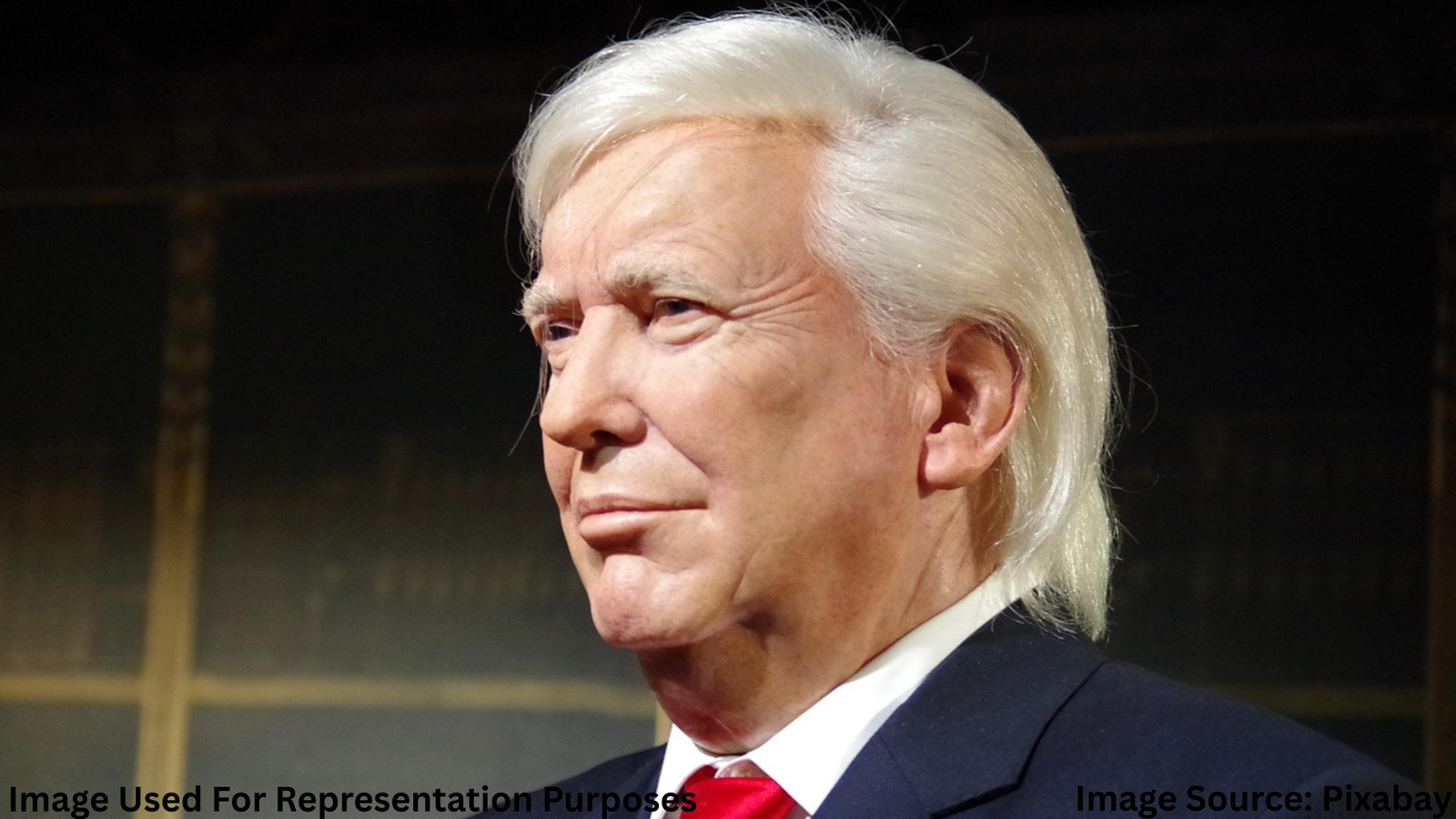
Trump Targets Brazilian Coffee
In a surprising move that has ignited debate in both political and economic circles, Trump imposes 50% tariff on Brazilian coffee — one of the most consumed imported products in the United States. The announcement came during a press conference in Washington, where the former president, now leading a second term bid, cited “unfair trading practices” as the core reason behind this dramatic decision.
Why the 50% Tariff?
This isn’t Trump’s first encounter with aggressive tariffs. His administration had previously targeted steel, aluminum, and even Chinese electronics. So why coffee — and why Brazil?
Trade Imbalance Justification
According to Trump, the U.S. coffee import numbers are “heavily skewed” toward Brazil. He argued that:
“We are allowing billions of dollars in duty-free Brazilian coffee into our country, while they restrict our agricultural exports.”
That statement, while controversial, reflects long-standing criticisms of Brazil’s protectionist trade policies.
Political Undertones
Some experts believe the move is less about economics and more about politics. Brazil’s current administration has grown closer to other global powers like China, prompting Trump to flex economic muscle as a way to reassert U.S. influence in South America.
Economic Implications for Brazil
Brazil’s Coffee Industry Under Pressure
Brazil is the world’s largest coffee exporter. A 50% tariff on its top market could be disastrous. Many farmers in Minas Gerais — Brazil’s coffee heartland — have already expressed fears of reduced orders from U.S. importers.
One Brazilian farmer, Lucas Marçal, shared:
“We’ve invested years in building relationships with American roasters. A tariff like this? It’s a punch to the gut.”
Impact on American Coffee Drinkers
The $8 Latte?
It’s not just Brazilian farmers feeling the heat. American consumers may soon be paying more for their morning brew.
Independent coffee shop owner Sarah Millstone in Chicago notes:
“Prices have already climbed due to inflation. A tariff like this? It could drive specialty coffee into luxury territory.”
The National Coffee Association warns that a 50% duty could result in a 15–30% price increase at retail level.
How U.S. Retailers and Coffee Chains May Respond
Shifting to Alternative Suppliers
Major chains like Starbucks and Dunkin’ are already exploring other sourcing options — Ethiopia, Colombia, and Vietnam being top alternatives. But a switch won’t be seamless. Brazilian beans are known for their unique flavor profile and volume supply.
Domestic Roasting Businesses Speak Up
U.S.-based roasters might also suffer. Many rely on affordable Brazilian beans for their blends. A sudden spike in raw bean prices could crush smaller roasting operations, limiting local competition.
Reactions from Farmers on Both Sides
American Farmers: Mixed Feelings
While the move might seem like a boon for American coffee growers, reality paints a more nuanced picture. U.S. coffee farming is mostly limited to Hawaii and small parts of California.
John Akana, a coffee farmer in Kona, said:
“It’s not like we can suddenly ramp up production. We don’t have Brazil’s climate or scale.”
Brazilian Farmers: Economic Fears
A Brazilian agricultural economist predicted a $1.2 billion annual loss for Brazil if the tariff stays in place for a full year.
Experts Speak: Is This Sustainable?
Trade analysts from Brookings and the Peterson Institute for International Economics believe the tariff could trigger a WTO dispute.
Dr. Anne Richardson stated:
“It’s a short-term political win that risks long-term global trade tensions.”
Personal Anecdotes: Coffee Price Hikes at Home
Just last week, I walked into my favorite local café in Houston — a spot where I usually grab my $4 cappuccino — only to see a new price tag: $5.50.
The barista told me:
“We’re trying to keep prices fair, but wholesale costs just shot up.”
And that’s only week one.
What’s Next in U.S.-Brazil Trade Relations?
While Trump’s move is bold, many suspect it’s a negotiation tactic. Brazil’s government has yet to respond formally, but trade talks are expected to intensify over the coming weeks.
Analysts suggest that the tariff might be revised or lifted if Brazil agrees to loosen its own import restrictions on U.S. agricultural goods.
Conclusion: Brewing Consequences
In the end, the story of how Trump imposes 50% tariff on Brazilian coffee isn’t just about politics or economics — it’s about how global decisions filter down to everyday moments, like sipping your morning coffee.
Will this tariff redefine trade? Will it spark another wave of trade wars? Or will it fade away like many political stunts?
Only time — and your next receipt at the coffee shop — will tell

Akalumhe Jefferson is a content writer with a new found interest for crafting engaging stories that transport readers to new worlds. Although no current actual background in creative writing but there’s active love for writing



